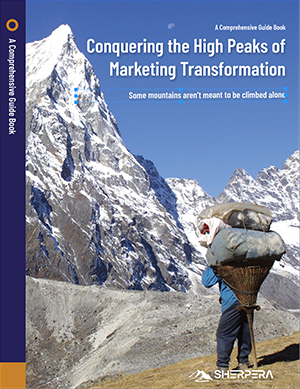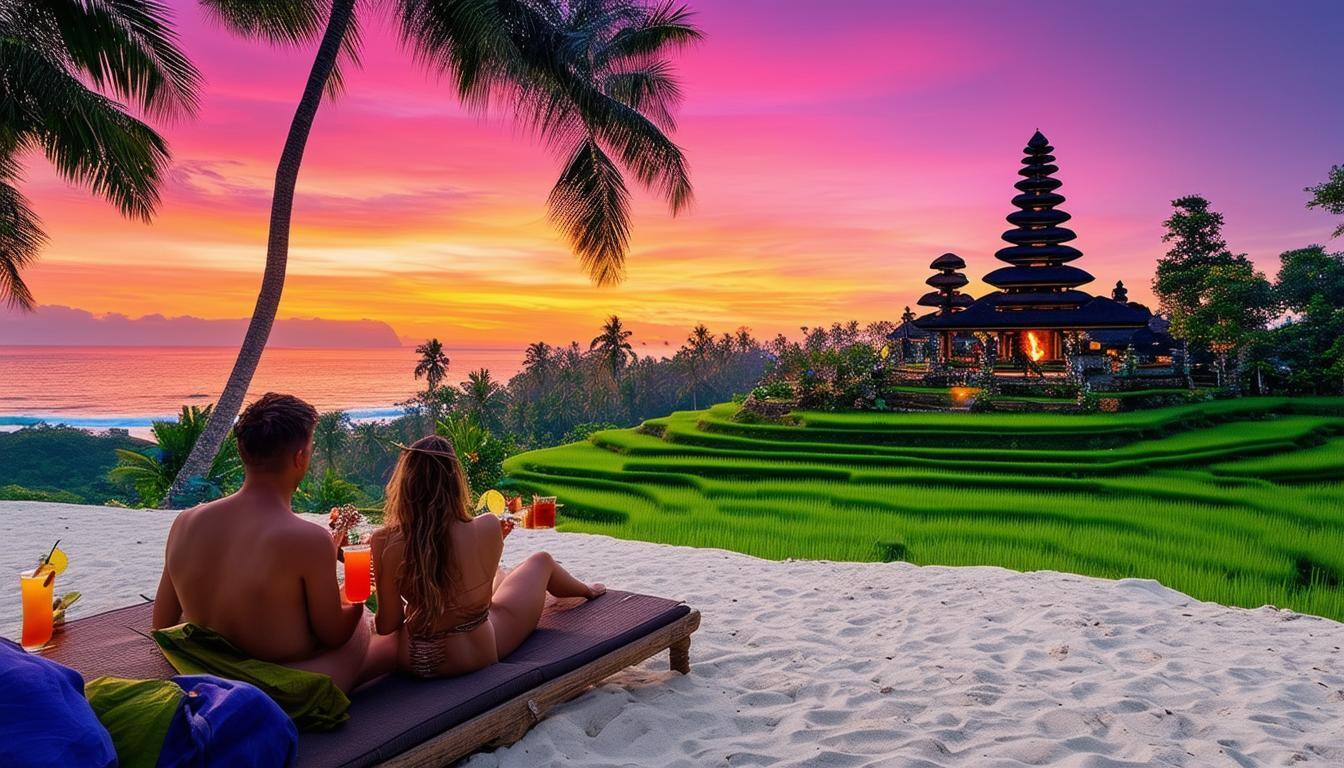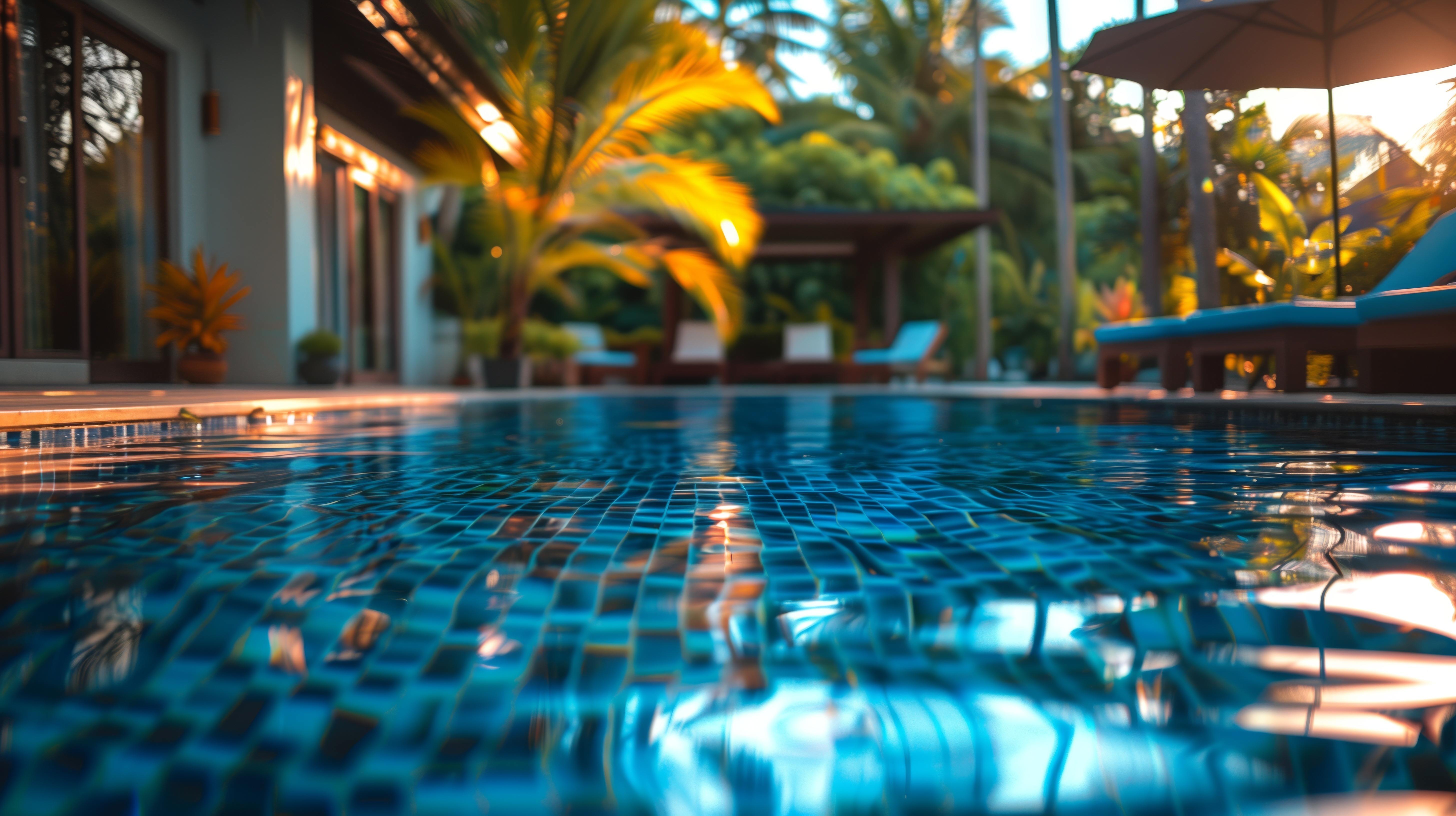Luxury hospitality marketing is about more than just selling a room – it’s about crafting a desire for a lifestyle. With a global luxury hotel market expected to reach $117,000 billion by 2033, according to Future Market Insights, the competition for discerning travelers is fierce. This means luxury brands need to leverage every tool at their disposal to stand out. That's where a savvy luxury hospitality marketing strategy becomes essential. This isn’t about attracting just any guest, but those seeking transformative experiences and personalized services.
Table of Contents:
- Understanding the Modern Luxury Traveler
- The Building Blocks of Effective Luxury Hospitality Marketing
- Tapping Into Untapped Potential: What Most Luxury Hospitality Marketing Misses
- Illustrating Success: A Real-World Luxury Hospitality Marketing Example
- Conclusion
- FAQs
Understanding the Modern Luxury Traveler
Gone are the days when luxury was solely the domain of older generations. Today, individuals aged 25-44 now dominate 64% of the luxury goods market, a trend mirrored in hospitality. This demographic represents a significant portion of luxury consumers .
This means appealing to their digital fluency is vital. They’re potential brand ambassadors, sharing curated snapshots of their journeys with their followers. This digital savviness explains why 55% of luxury travelers believe that social media elevates their travel experiences and influences their travel plans.
These travelers don't just want luxury, they want something more. A YouGov study reveals that 58% are happy to pay a premium for experiences , not just amenities. So, crafting a unique experience is key to attracting this target audience.
The Building Blocks of Effective Luxury Hospitality Marketing
Luxury hospitality marketing demands a nuanced understanding of its audience and the ability to create emotional connections.
Personalization is Paramount
Generic campaigns won't resonate with travelers who value exclusivity. Personalization through data-driven insights is key to providing personalized services. This could be as simple as using a guest's name in communication or as complex as tailoring offers based on past preferences.
This targeted approach is critical, as a Salesforce study indicates 52% of travelers would ditch a brand for not bothering with personalizing communications. They expect to be treated as individuals, not just another booking number.
The Rise of the Mobile-First Traveler
With mobile ad spending nearly surpassing web-based ad expenditure, luxury hotels cannot ignore this shift. It's not enough to have a mobile-responsive website. Tailored marketing campaigns, social media content optimized for mobile viewing, and even booking functionalities should cater to on-the-go luxury consumers. Luxury resort marketing must adapt to these mobile-first travelers.
They’re more likely to book a last-minute getaway from their smartphone than from their laptop, and marketers need to stay ahead of the curve. Understanding the booking habits of luxury brand consumers is crucial.
Crafting Compelling Content Marketing for the Luxury Sector
This goes beyond glossy brochures and generic taglines. Authenticity and value resonate deeply with affluent travelers. They crave information that enhances their travel experiences – whether that’s discovering hidden gems, unique culinary experiences, or immersive cultural insights. Content marketing should aim to create emotional connections with potential guests.
Blogs, social media posts, and email marketing campaigns should offer something genuinely valuable, establishing the brand as a trusted advisor. Strong imagery reinforces the brand's message and resonates with luxury consumers.
Don't Forget Visual Storytelling
Words are only half the battle. Powerful imagery showcasing breathtaking suites, unparalleled views, and unique guest experiences is essential. High-quality photographs and videos can evoke the desired emotional response, enticing travelers to envision themselves in that luxurious setting.
In a world where Instagram reigns supreme, your visuals need to tell a story worth sharing. This imagery reinforces the idea of luxury and exclusivity.
Tapping Into Untapped Potential: What Most Luxury Hospitality Marketing Misses
While the strategies above lay a strong foundation, luxury hotels often overlook some critical opportunities to differentiate themselves. To effectively target this discerning demographic, hotels must adapt their strategies.
Embracing Sustainability as a Core Value
Sustainability isn't a trend, it's an expectation, particularly for affluent, environmentally conscious consumers. More than 78% of consumers prioritize sustainability and would even switch to brands aligning with these values. Luxury resorts in wildlife areas have a special responsibility to promote sustainability.
Incorporating and highlighting eco-friendly initiatives such as locally sourced cuisine, energy-efficient design, and community partnerships aren't just good practices, but shrewd marketing moves. 44% of consumers actively favor sustainability-focused businesses . Taking a cue from Marriott's commitment to net-zero emissions by 2050 can attract this valuable segment.
Leveraging the Power of Local
Despite global reach, local connections matter. Partnering with local businesses, highlighting regional experiences, or featuring local artisans adds a touch of authenticity often missing in luxury travel. Experiential marketing can create lasting memories for guests.
It transforms a stay from a mere visit into an immersion in local culture. This resonates with the growing trend of conscious travel and experiencing destinations like a local, not just a tourist. Offering unique experiences that connect guests with the local area can lead to repeat bookings.
Creating a Digital Word-of-Mouth Marketing Engine
Word-of-mouth is potent, particularly in luxury circles. By encouraging guest reviews on platforms like TripAdvisor and Google, brands can build social proof, showing potential guests the positive experiences others have had. Luxury hotel marketing strategies should leverage social media platforms to drive customer engagement.
Additionally, incorporating user-generated content (UGC) on social media further amplifies positive experiences and provides authentic glimpses into the luxury lifestyle offered. This organic content can be more effective than traditional advertising, as it comes from a trusted source.
Thinking Beyond the Five-Star System
In an age where exclusivity and personalized experiences are paramount, five-star ratings might not be enough. Travelers want to feel special in ways that go beyond star ratings. Hotels need to find ways to offer unique experiences that go beyond the expected.
Tailored amenities, surprise and delight gestures, and curated local experiences become far more valuable than another gold star on a review website. This is where hotels can truly differentiate themselves and create a lasting impression.
Understanding the Value of Niche Marketing
With increasing competition, carving out a niche within the luxury market is essential. Catering to specific passions such as wellness, adventure travel, or culinary tourism allows for highly targeted campaigns and stronger resonance with specific audiences.
This specialization fosters stronger brand loyalty as it caters to their unique interests. By focusing on a specific type of traveler, hotels can tailor their marketing messages and offerings to resonate more deeply.
Illustrating Success: A Real-World Luxury Hospitality Marketing Example
Let’s imagine a luxury eco-resort nestled in a remote tropical paradise. This resort caters to affluent, environmentally-conscious travelers looking to escape bustling city life. Their target market is digitally-savvy professionals seeking respite. Their marketing plan includes a strong social media strategy and focuses on creating meaningful experiences.
| Marketing Element | Actionable Steps |
|---|---|
| Website | Visually stunning with high-quality photography showcasing luxurious villas, breathtaking natural landscapes, and unique guest experiences. Incorporate virtual tours. |
| Content Marketing | Blog posts and social media updates featuring expert interviews with local biologists on the region's biodiversity, showcasing local artisans crafting traditional products, recipes utilizing fresh ingredients from their organic garden. Highlight their sustainable practices and the positive impact on the local community. |
| Targeted Advertising | Collaborate with luxury travel bloggers who specialize in eco-tourism, run targeted social media ad campaigns aimed at users interested in wellness and sustainability. |
| Personalized Guest Experience | Upon arrival, guests find a personalized itinerary incorporating their preferences with options for private yoga sessions on the beach, guided nature walks, and cooking classes utilizing ingredients from the resort’s organic farm. Eco-friendly toiletries are standard, and a portion of the profits is donated to a local conservation project. Guests receive personalized welcome gifts featuring local, handcrafted items. |
By weaving sustainability into their brand narrative, showcasing authentic local experiences, and embracing personalized luxury, the resort positions itself as a leader in luxury eco-tourism, attracting a discerning clientele. Their marketing efforts are designed to enhance the guest experience and foster a deeper connection with the brand.
Conclusion
Luxury hospitality marketing isn't just about beautiful pictures and clever slogans. It demands a deep understanding of a constantly evolving traveler - one who values exclusivity, craves authenticity, and is more digitally engaged than ever before. Providing personalized services is just one aspect of a comprehensive approach.
To truly excel, luxury hotels must embrace innovative marketing strategies that go beyond traditional tactics. This means focusing on sustainability, local experiences, digital word-of-mouth, and niche targeting. These efforts will help to create a unique and desirable brand identity in the global luxury hotel market.
FAQs
Here are some frequently asked questions about luxury hospitality marketing:
How can luxury hotels use social media effectively?
Luxury hotels can use social media to showcase their unique offerings, engage with potential guests, and build a community around their brand. They can share high-quality photos and videos, run interactive contests and giveaways, and partner with influencers to reach a wider audience. Social media platforms are valuable tools for storytelling and connecting with luxury brand consumers. Hotels should be highly active on platforms where their target audience spends their time.
What are some examples of personalized experiences in luxury hospitality?
Personalized experiences could include anything from a handwritten welcome note and a curated selection of in-room amenities to private cooking classes with the executive chef and bespoke excursions tailored to individual interests. The key is to make guests feel valued and understood. Offering unique experiences, like exclusive spa treatments or behind-the-scenes tours, can leave a lasting impression.
How can luxury hotels measure the success of their marketing efforts?
Luxury hotels can track a variety of metrics to measure the success of their marketing efforts, including website traffic, social media engagement, lead generation, bookings, and revenue. They can also use surveys and feedback forms to gather qualitative data on guest satisfaction. By analyzing this data, hotels can identify areas for improvement and optimize their marketing campaigns for greater impact. They can also track repeat bookings and customer lifetime value to gauge long-term success. A well-defined media strategy is essential for tracking these metrics.
**Title:** The Art of Luxury Hospitality Marketing in 2024: Exceeding Expectations **Meta:** Discover the secrets to successful luxury hospitality marketing in 2024. Learn how to target high-end travelers, personalize their experience, leverage digital channels and create lasting impressions in a competitive landscape.



SHARE